Britain has voted to leave the EU. On the morning of the historic vote, British Baker spoke to industry representatives about what this might mean for bakers.
Over 30m people voted in the EU referendum, and 51.9% voted to leave Europe. The 72% turnout is the highest in a national poll since 1992 – 17.4m people voted in favour of Brexit.
Scotland and Northern Ireland backed remaining in the EU, while the north of England, Wales and the Midlands voted for Brexit. The value of the pound dropped to its lowest level since 1985 this morning, in reaction to the news.
Alan Clarke, chief executive of Scottish Bakers said: "Regardless of our personal opinions, there is now much work to be done to ensure that the voice of the bakery sector is heard and listened to by government.
"Scottish Bakers are committed to working with our key private and public sector partners to influence the development and implementation of the food and drink strategy for Scotland and ensuring that issues directly affecting bakers are raised at the highest level in Scotland.
"As always, the devil is in the detail and today’s run on the pound and the resignation of the Prime Minister together with calls for a second independence referendum in Scotland and a United Ireland referendum highlights the importance and the enormity of the task ahead. If any baker has any concerns or issues they would like to raise please do not hesitate to contact us at any time."
Alex Waugh, director general of NABIM said: “It’s too early to say much. Obviously the referendum result means that we are in for a period of turmoil and uncertainty, as evidenced by today’s currency and stock market falls.
“If that leads to an economic slowdown or recession (as many economists predicted beforehand) that would not be good for the bakery sector as people will have less money to spend. Significant change to the regulatory structure will take a long time as the UK is likely still to be a member of the EU for at least the next two years.
"NABIM will be working hard with members and UK government officials to establish the implications for the flour milling sector, our customers and suppliers – but we don’t expect any quick answers. Obviously there has been a strong adverse reaction in currency markets, which will inflate raw material costs if maintained, but other than that we don’t expect any immediate material change that will affect day-to-day business."
Gordon Poulson, director at the Federation of Bakers (FOB), said: "Our position was neutral before the election, and now that it’s happened there’s no sense in speculating too much. We all need to work together to get the best outcome for the industry going forwards.
"We’re not big exporters in the bakery industry compared to other food categories, and I really think it’s too early to be precise about what might happen. There’s no sense in spreading doom and gloom, let’s all work together and see what happens."
Ian Wright, director general of The Food and Drink Federation, said: “In March we released the results of a poll of our members which showed 70% support for Britain to remain in the EU.
“It’s inevitable in the light of those results that the majority of FDF members will regard this as a disappointing result for the food and drink industry. Now, FDF will work on behalf of our members and all those across our industry to find a way through this very challenging period that we face.
“We’ll focus on working with the government to understand what this means for trading, market access and regulation to secure the best outcome for British food and drink manufacturing businesses and their consumers.”






















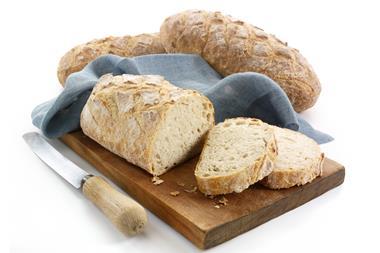
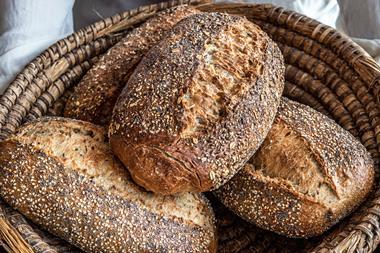


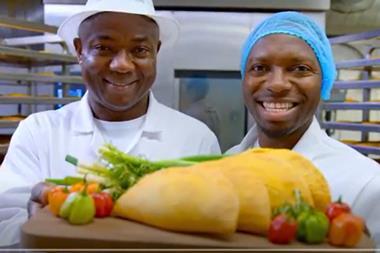



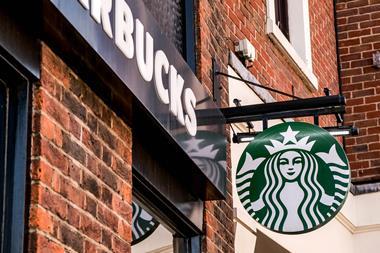

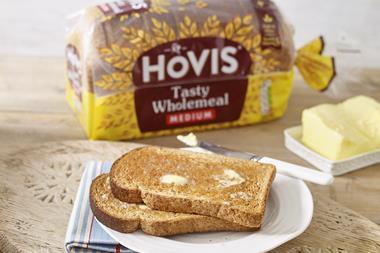
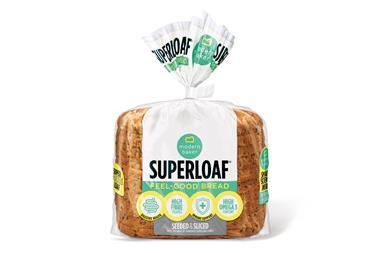

No comments yet